In a significant decision, the Minneapolis City Council voted 9-4 to increase the minimum wage for ride-hail drivers to $15 per hour.
This move comes amid concerns from Mayor Jacob Frey, who has expressed intentions to veto the law. The new wage plan is set to begin on May 1st, altering the earnings landscape for drivers in the city.
Ride-Sharing Giants Threaten Departure
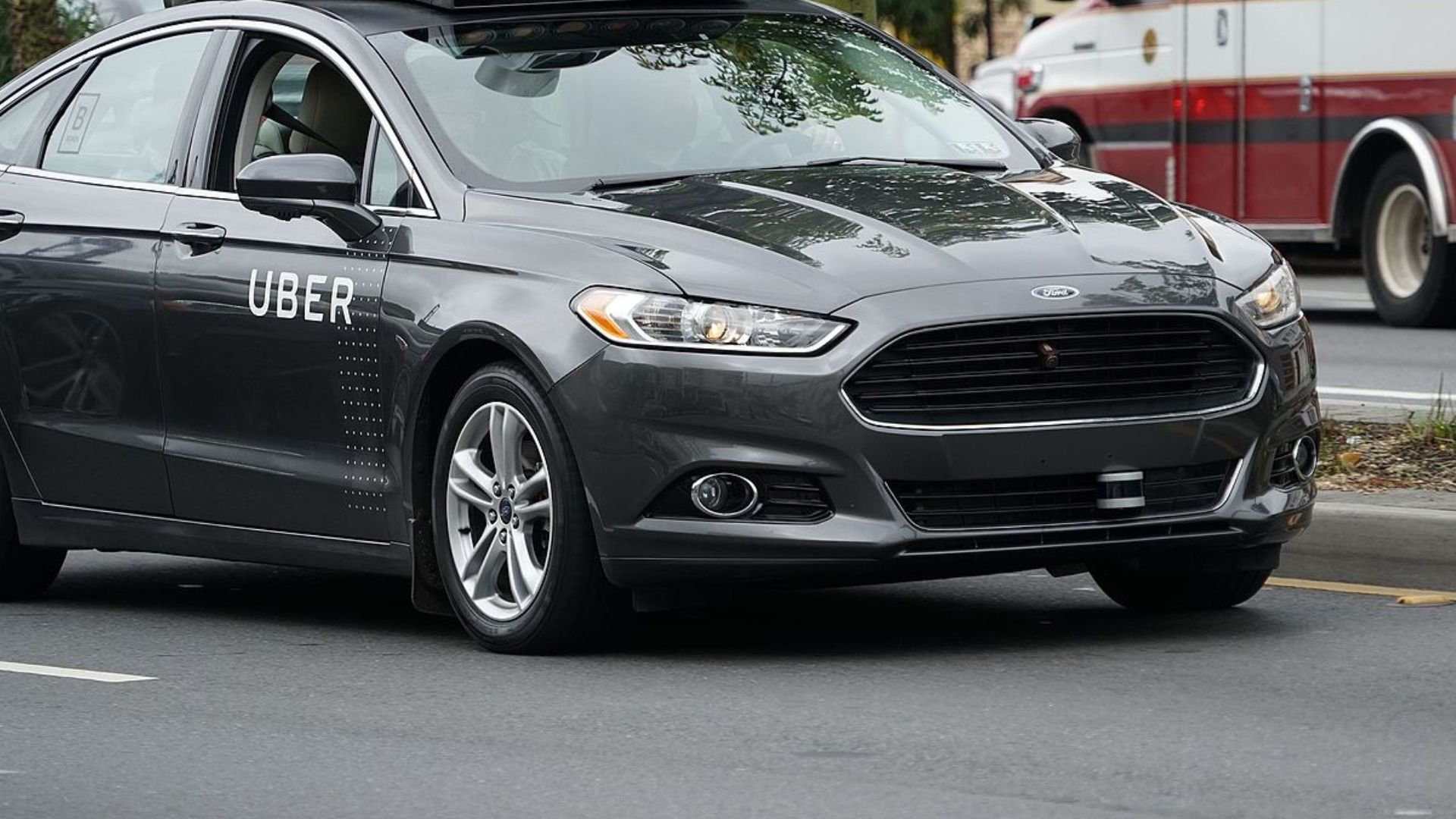
Uber and Lyft have responded strongly to the wage increase, threatening to exit the Minnesota market should the legislation take effect.
Their departure could dramatically reshape the ride-sharing landscape in the state, affecting both drivers and riders.
Mayor’s Veto Power Versus Council’s Decision
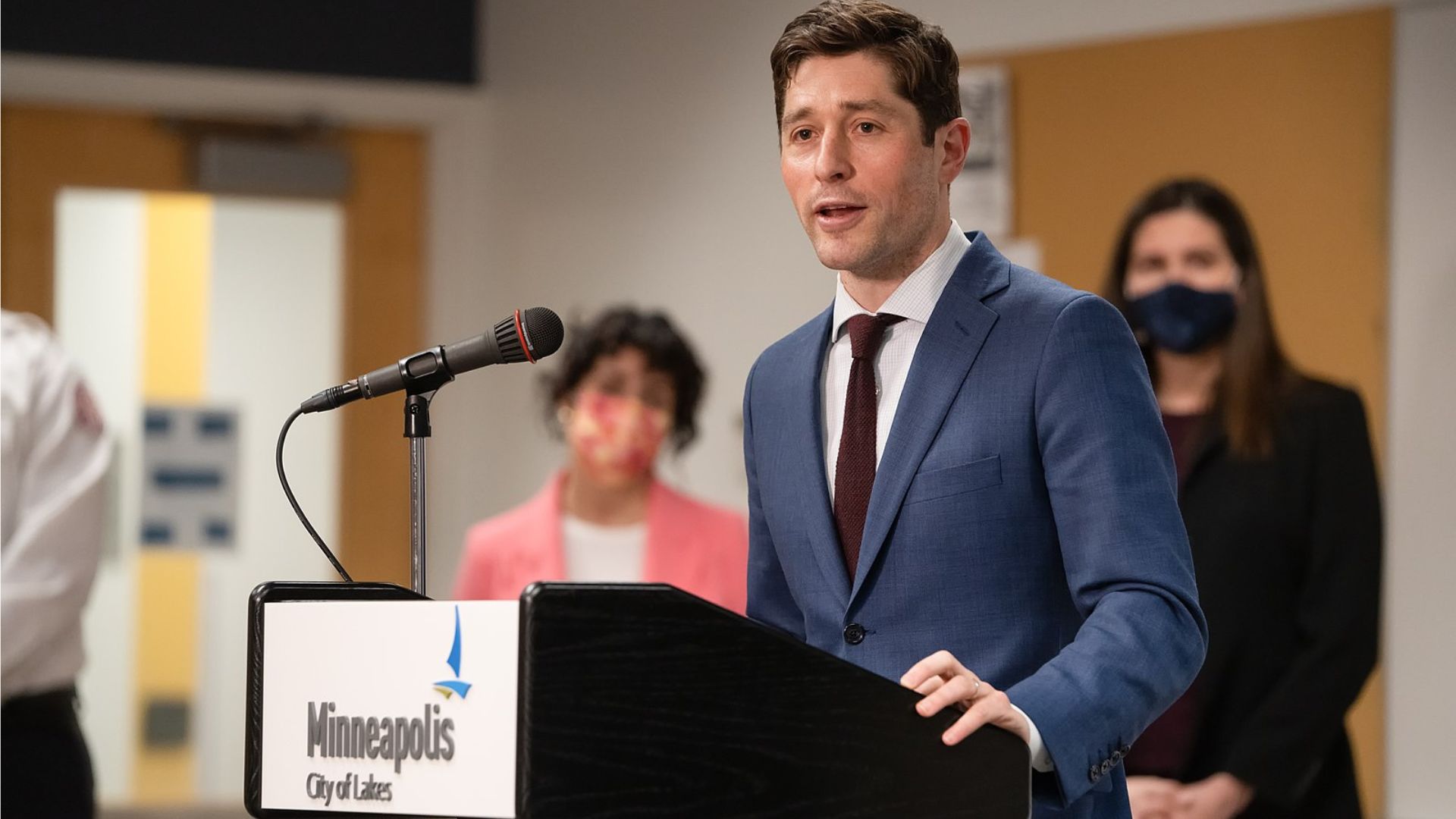
Mayor Jacob Frey is considering a veto against the wage increase.
However, the council’s decisive vote in favor could override the mayor’s veto, demonstrating a strong commitment from the council members to implement the wage hike despite potential repercussions from major ride-sharing services.
Detailed Wage Structure for Drivers

Under the new legislation, drivers are set to earn $1.4 per mile and 51 cents per minute, with an enhanced rate of $1.81 per mile for those operating wheelchair-accessible vehicles.
This structured approach aims to ensure a fair wage for drivers, considering the various aspects of their service.
Economic Implications for Ride-Sharing Fares
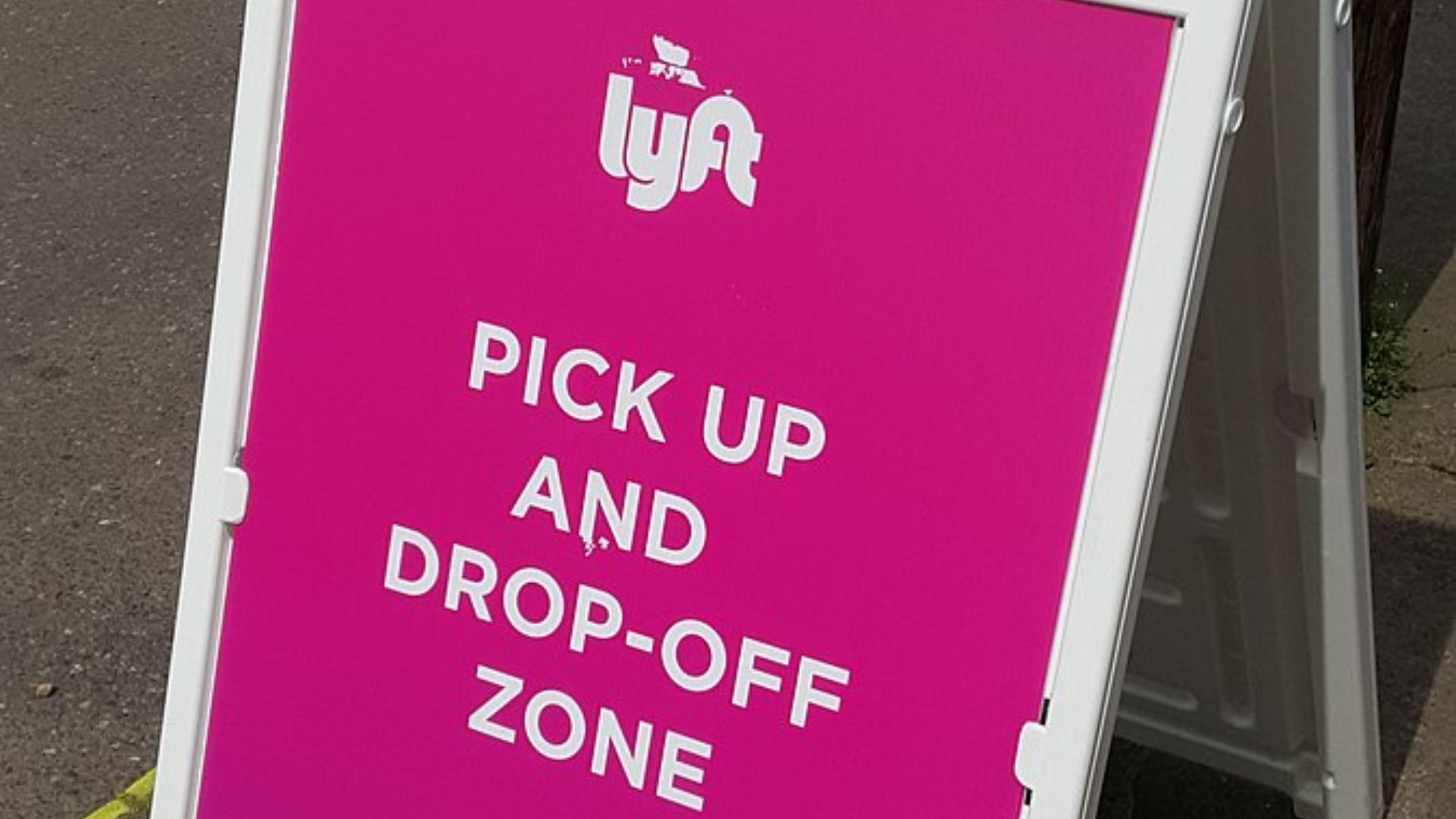
Uber and Lyft have expressed concerns that the increased driver wages will force them to double the fares for riders.
This could potentially drive away customers, challenging the business model of the ride-sharing services and impacting their operational viability in Minneapolis.
Previous Attempts at Similar Legislation
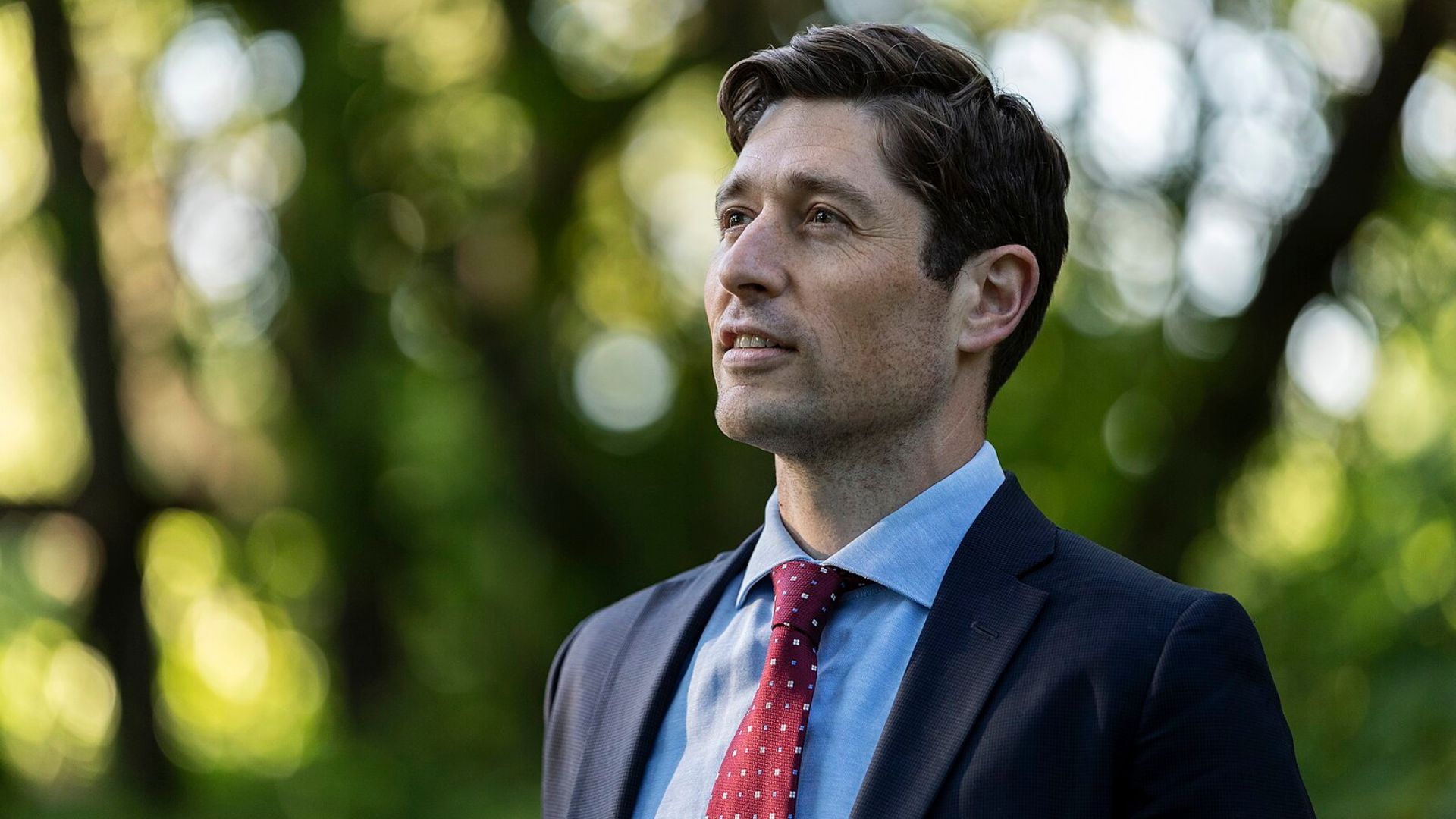
This isn’t the first time Minneapolis City Council has attempted to pass a measure to increase wages for ride-hail drivers.
A similar effort was made last year but was vetoed by Mayor Frey. The recurring attempts reflect the council’s ongoing commitment to addressing driver wages.
Statewide Efforts and Reactions
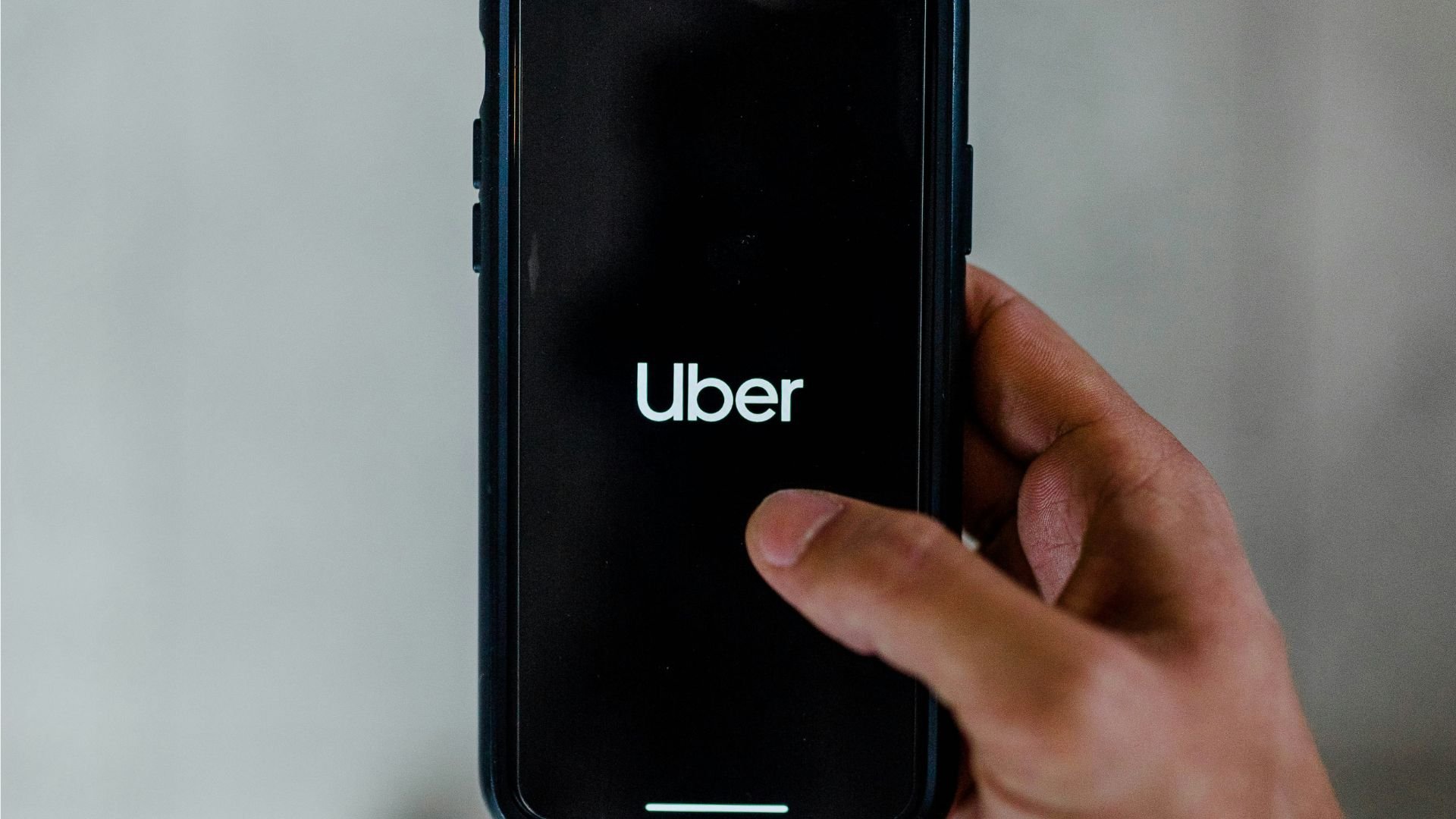
Efforts to establish a driver pay plan have been seen at the state level as well, with Governor Tim Walz vetoing a proposal amid opposition from ride-sharing platforms.
The state’s involvement indicates a broader interest and concern regarding the compensation of ride-hail drivers in Minnesota.
Lyft’s Call for Collaboration

Lyft has made a public statement urging Mayor Frey to collaborate on establishing a statewide minimum earnings standard.
The company emphasizes the need for a balanced approach that considers the needs of all stakeholders in the ride-sharing ecosystem.
Uber’s Statewide Legislation Support
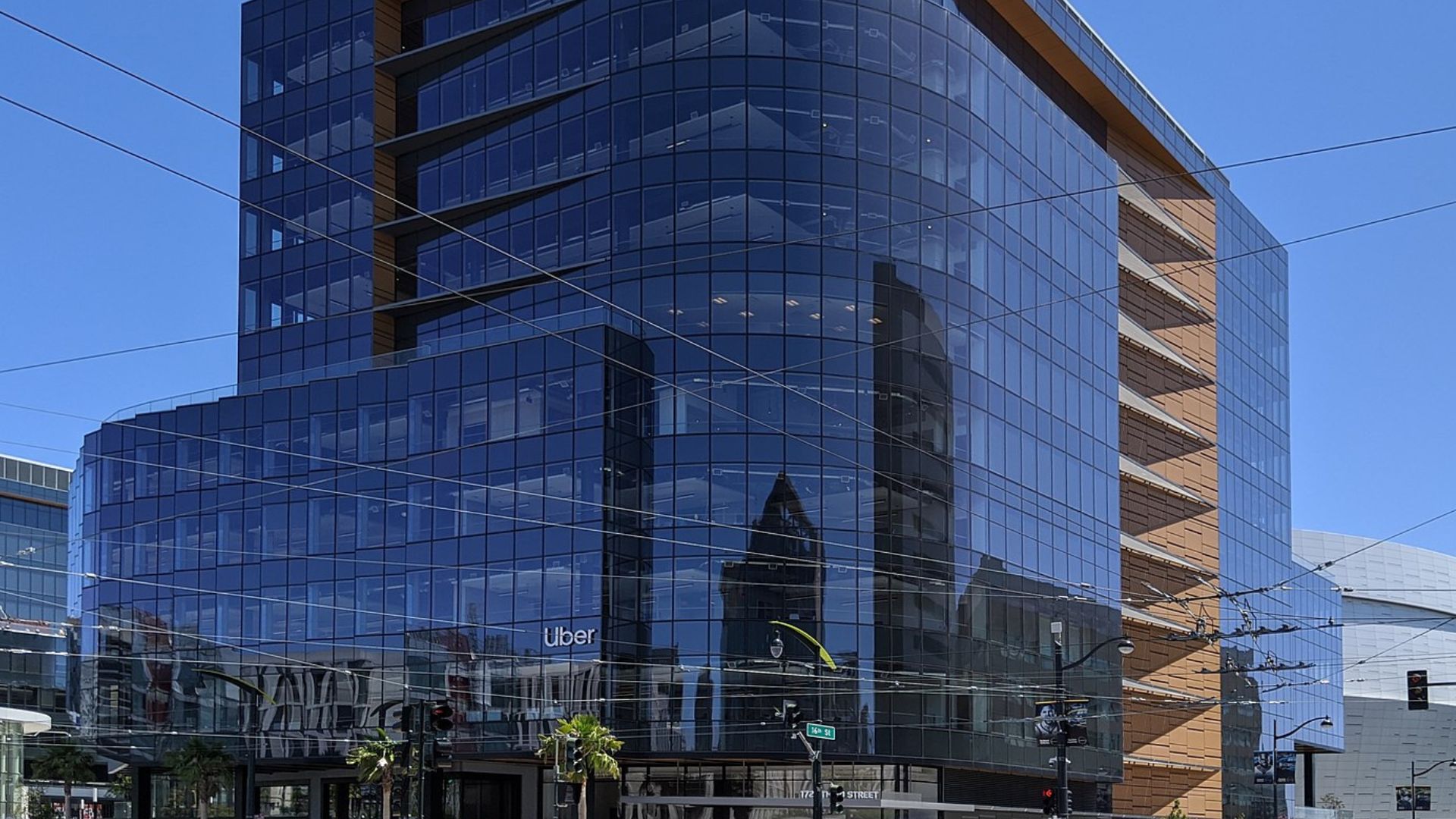
Uber has voiced support for comprehensive statewide legislation that would ensure a minimum earning of $35 per hour for drivers while maintaining their flexibility and independence.
This stance highlights Uber’s preference for a broader legislative solution over city-specific regulations.
Drivers’ Advocacy and Response to the Legislation

Drivers, particularly those from the African immigrant community, have advocated for increased wages since 2022.
Their persistence and advocacy played a role in the council’s decision, as expressed by driver Ahmed Ahmed who attended the meeting to witness the vote.
Council Members Reflect Driver Sentiments

Council members who voted in favor of the wage increase echoed the sentiments of the drivers, emphasizing the importance of fair compensation.
Council Member Jason Chavez said “If employers leave because they are paying sub-minimum wages and companies step in who pay minimum wages, I believe that’s a win for our city.”
The Future of Ride-Sharing in Minneapolis
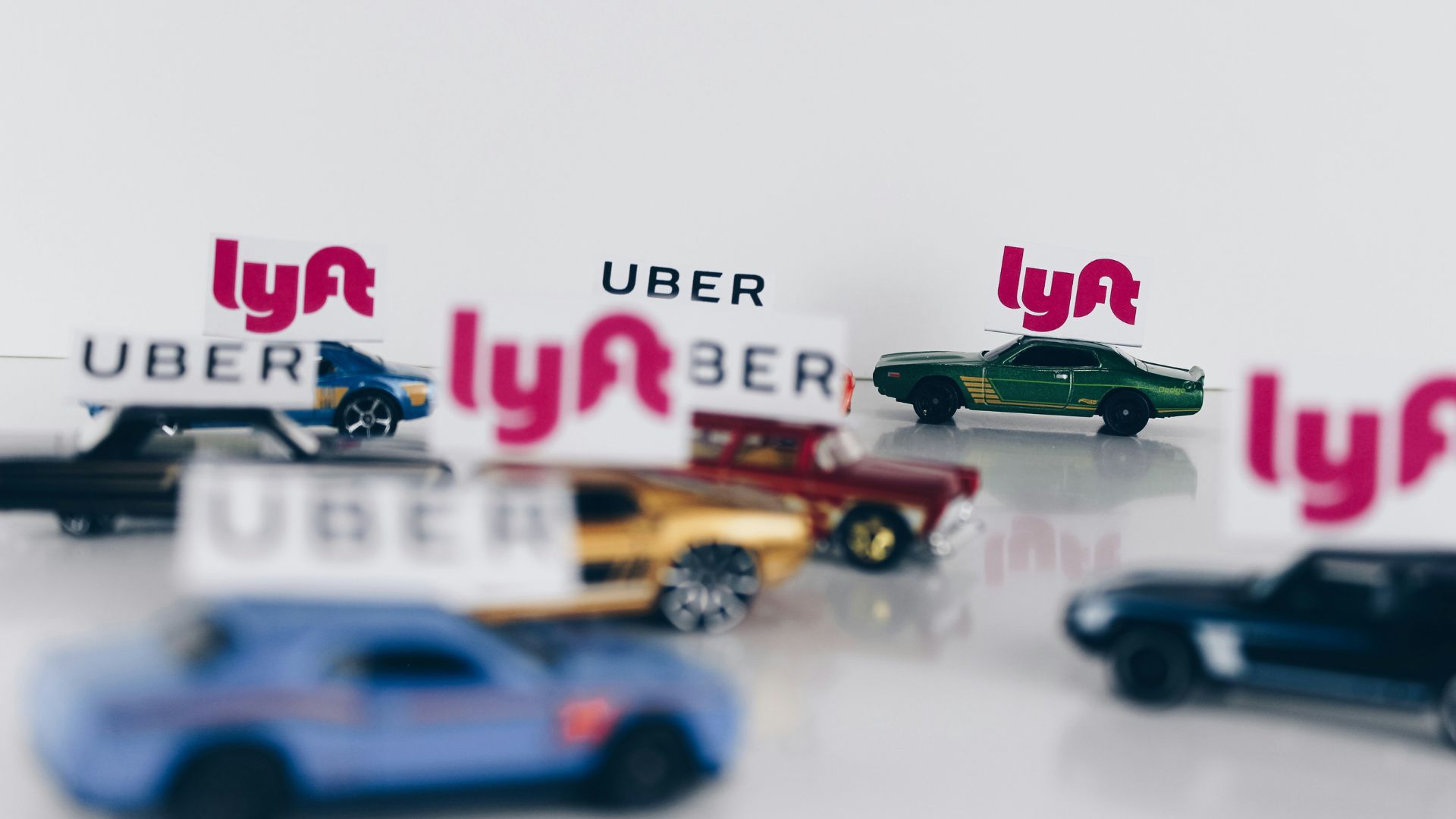
With the wage increase set to take effect on May 1st, the future of ride-sharing in Minneapolis hangs in the balance.
The decision could set a precedent for other cities, reflecting a growing trend toward addressing the economic realities of gig economy workers. The coming months will be crucial in determining the outcome of this legislative effort.
